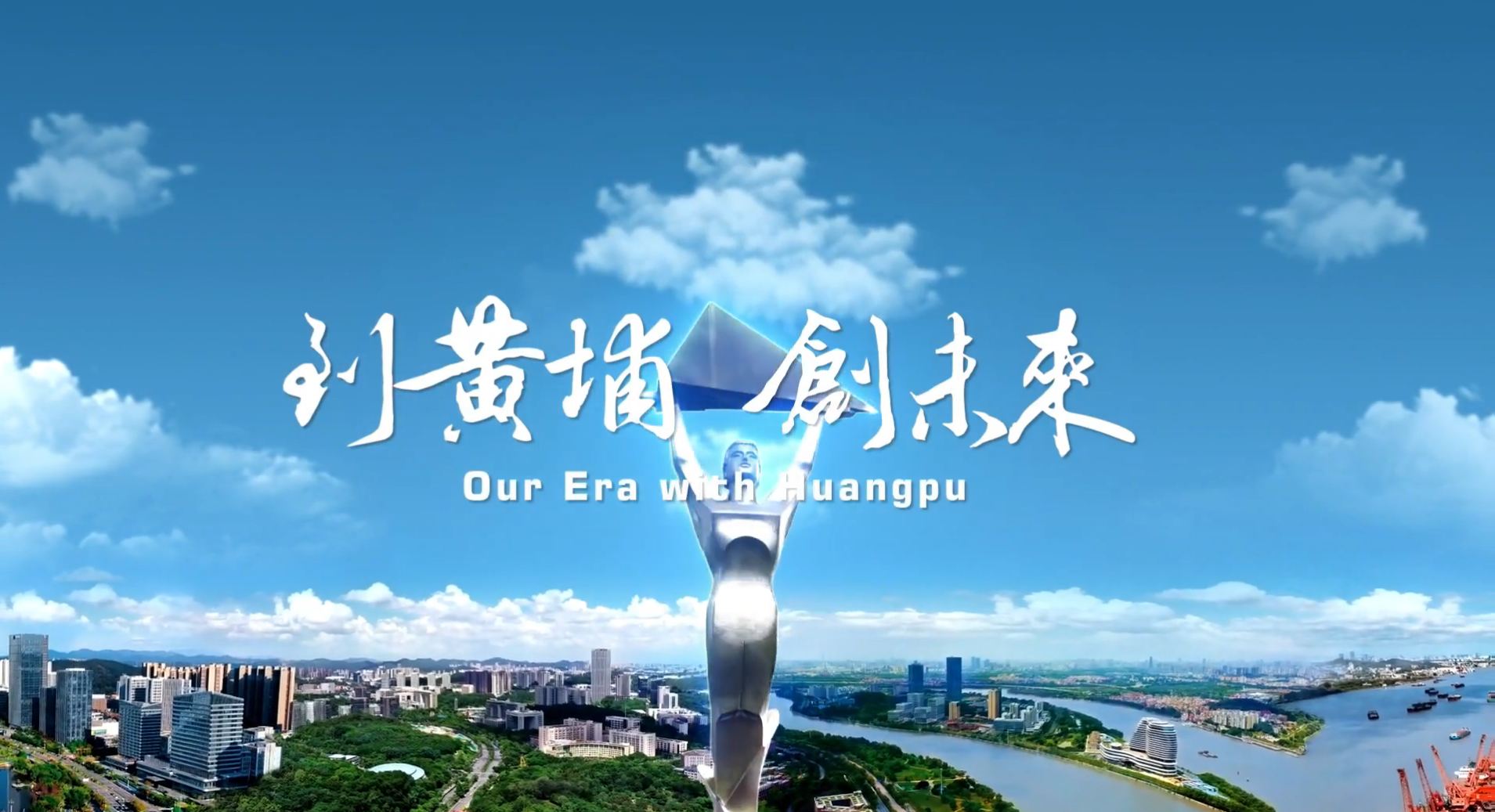5G technology to speed up China's elder care
Source: chinadaily.com.cn | Updated : 2019-08-26The development of 5G and other related technologies will inject new growth momentum into China's elder care industry and provide the public with high-quality services in the future, said industry insiders at a forum held in the district of Huangpu in Guangzhou, capital city of south China's Guangdong province, on Aug 23.
The event drew over 200 professionals, scholars, entrepreneurs and market players. They discussed how to promote the high-quality development of the elder care industry with emphases on intelligence and health in the 5G era.
It is estimated that the scale of the industry will reach 22 trillion yuan ($3.09 trillion) in China in 2030. However, the industry has been faced with an imbalance between supply and demand. It has failed to deliver sufficient products, make profits, and meet public demands, though it has drawn lots of investors and market players.
The emergence of 5G, artificial intelligence, the Internet of Things, big data and cloud computing has injected new vitality into the transformation and upgrading of elder care over the past few years. A group of intelligent technologies have been applied in the industry and made it to smarter.
The concept of "5G plus intelligent and healthy nursing for the elderly" will transform information communication, further improve the allocation of resources, and take the industry's service and management to a higher level in a drive to better resolve its weak points in future development, said Zhao Bo, president of the China Electronics Standardization Institute, during an interview.
"The growth of 5G technology will bring in more safe, smart and convenient products to meet the public's needs in elder care," noted Luo Da, a products manager in the Research Institute of the Internet of Things Technologies of China Mobile Communications Group.
Speaking at the forum, Mao Songbai, deputy magistrate of Huangpu, emphasized that the district will give full play to 5G technology, build a comprehensive industrial chain for the elder care industry featuring intelligence, innovation and ecological integration, and create a complementary industrial cluster.
Huangpu in 2017 started to build Guangdong's first demonstration area in the Internet of Things and Smart City concepts connected with 5G technologies. It is now home to 88 5G enterprises and has built 730 5G base stations.
Mao said that the district will adjust itself to the requirements of 5G technologies and to the development of digital industries, the upgrading of traditional industries, and the building of a smart society amid the efforts to develop a smart and healthy nursing industry for the elderly.
Meanwhile, organizers also unveiled an innovative center and a working station to further the development of smart and healthy elder care.
- Investment and Entrepreneurship
- Investment Advantages
- Investment Guide
- Policies
- Key Projects
- Major Industries
- Industrial Parks
- Investment Opportunities
- Technological Innovation
- IPR
- Enterprises
- Talents
All rights reserved. Presented by China Daily
粤ICP备16087157号-1










